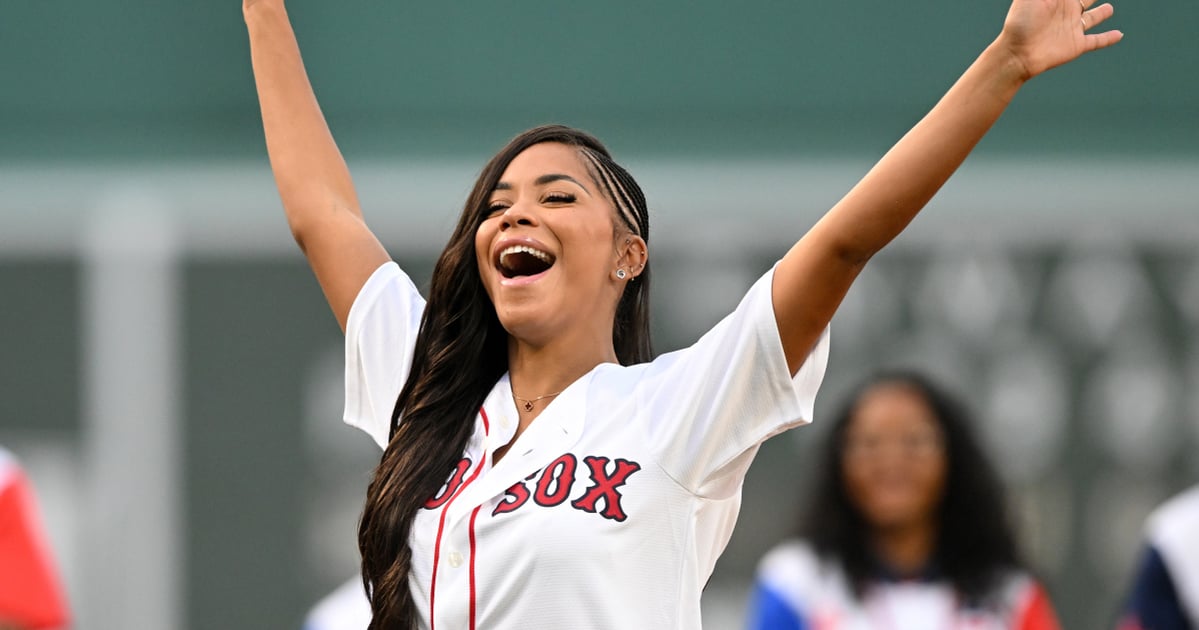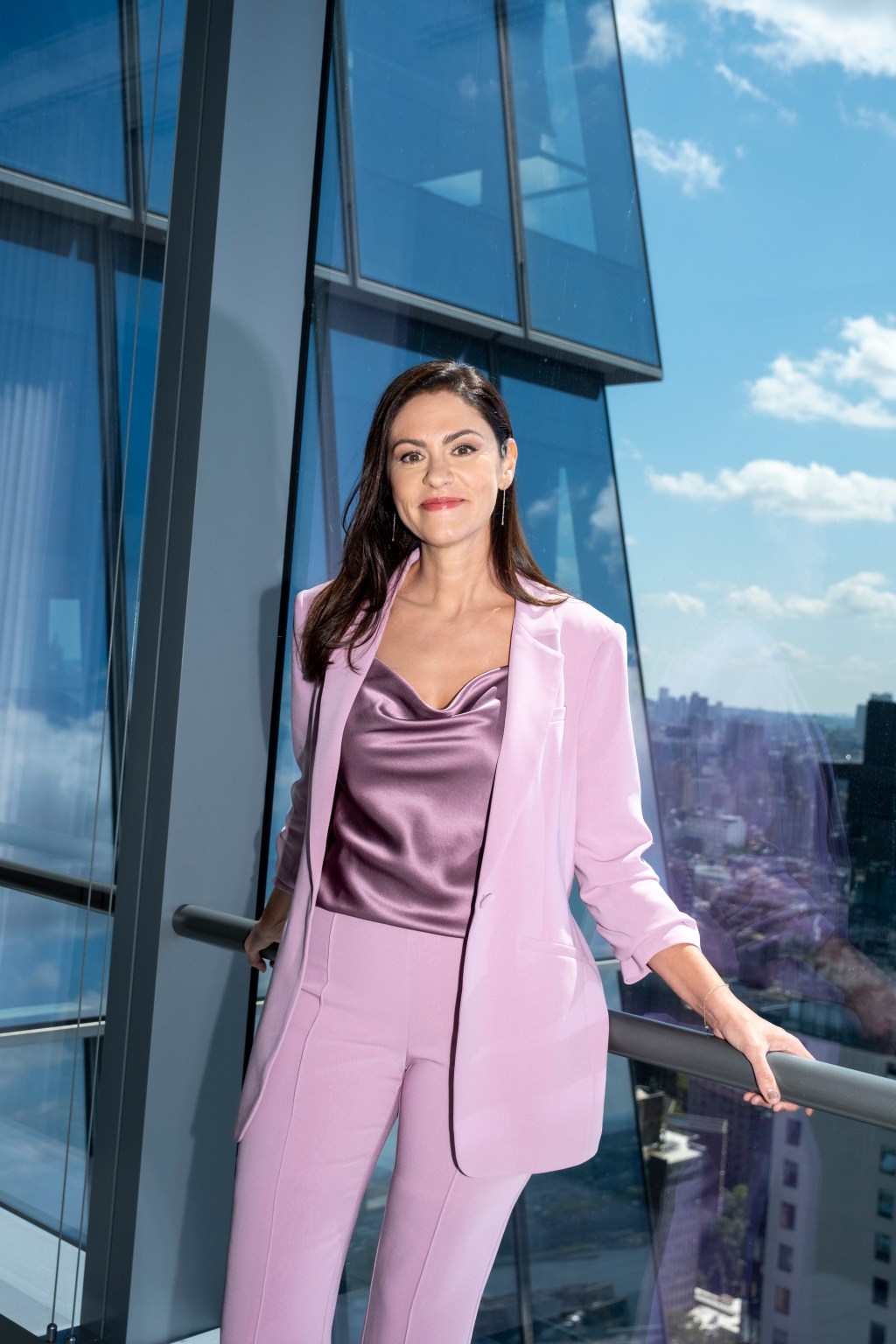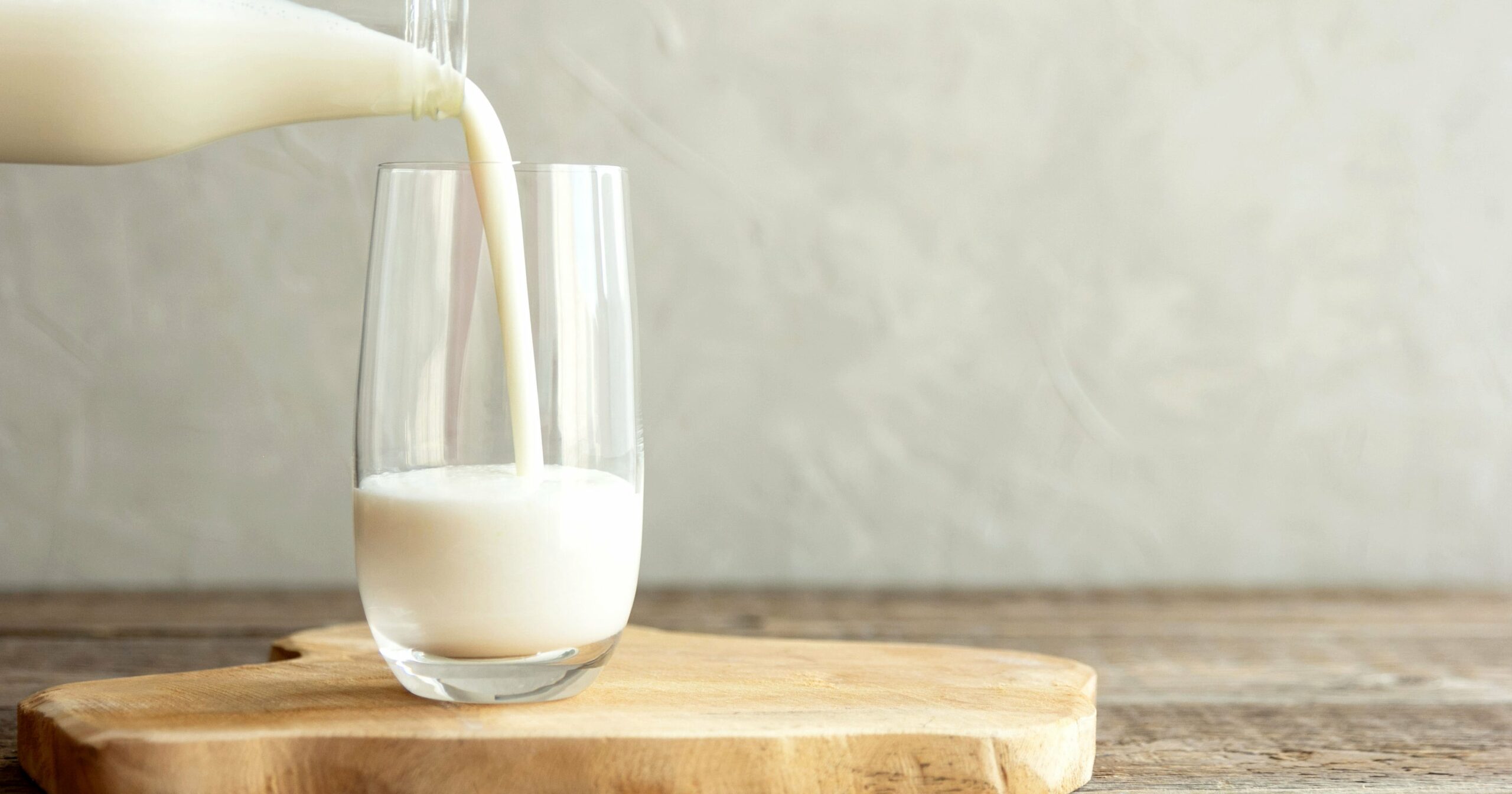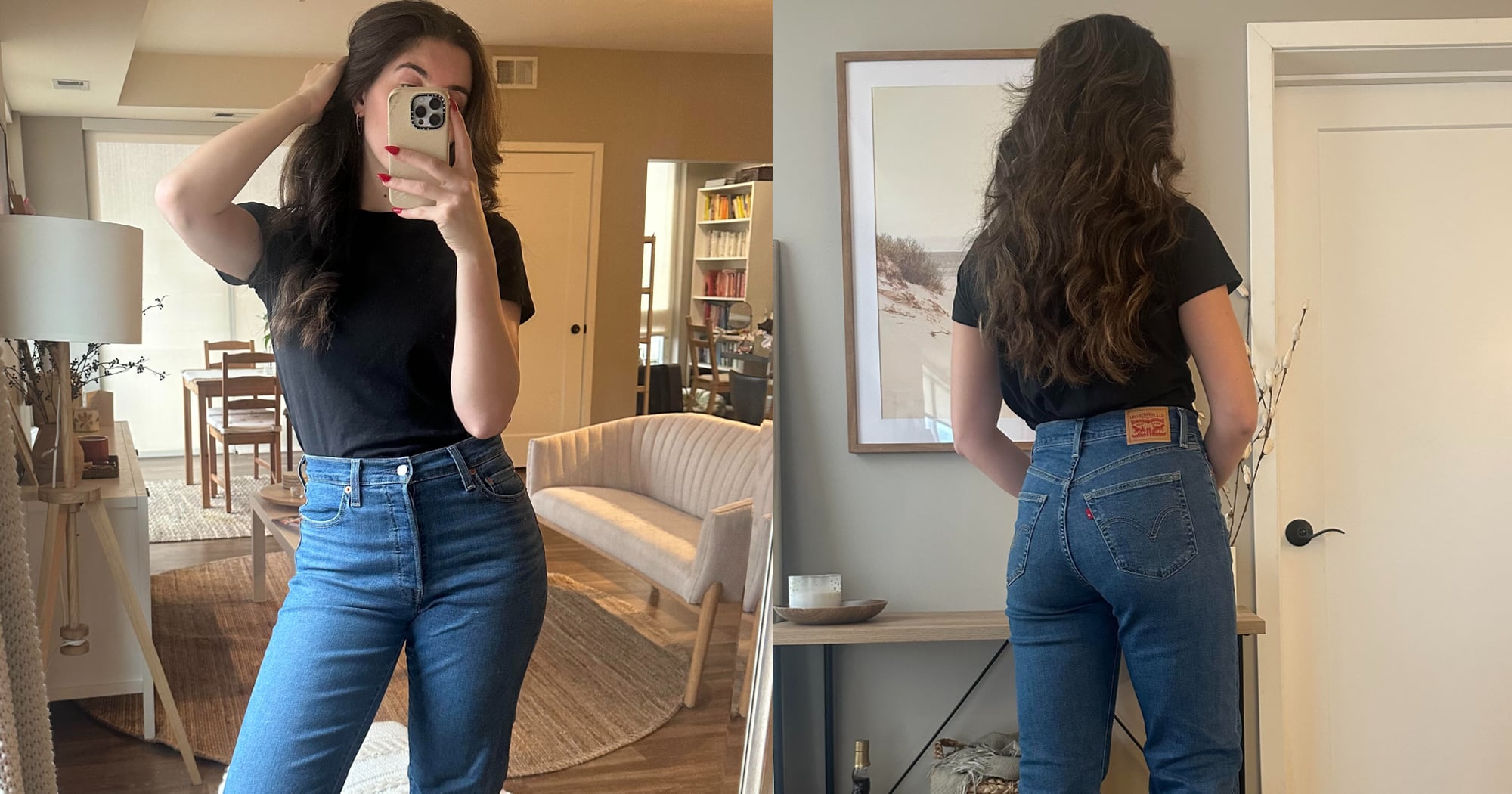I’ve never been a big fan of reality television, especially when it comes to dating shows. And I honestly don’t mean that in a snooty or self-righteous way – it’s just always felt like junk food for my brain. That said, after learning more about “Love Island USA” season seven star Amaya “Papaya” Espinal, I started to regret not jumping on the “Love Island” bandwagon when everyone else did – especially after finding out that the audience’s favorite was none other than a fellow Dominican girl from NYC who had zero qualms about being “too much.”
Espinal, a 26-year-old Dominicana from Brooklyn and cardiac nurse, resonates with audiences for a reason. Sure, we all loved her funny one-liners and the way she speaks in metaphors (my favorite was when she said, “Last time I checked, I got 10 toes – not one toe missing. So I’m gonna stand on business on my 10 toes”). In Dominican culture, many of us are raised on refranes and sabias – sayings and proverbs that capture the humor and wisdom of our people – so Espinal having a metaphor or saying for everything felt right. It only added to her relatability.
But the truth is, what really stood out to me about Espinal was how unapologetically herself she was – and remained – throughout the entire season, despite the haters calling her “too much.” It took her a while to find her match, as contestants like Ace Green, Austin Shepard, and Zai Srakaew all deemed her “too emotional,” “too passionate,” or “too affectionate.” That’s what prompted some of her most iconic one-liners, like “God forbid I’m a sensitive gangsta.” As a sensitive gangsta myself, I immediately saw myself in Espinal. Whether she realized it or not, she was representing all the Latinas – especially the Dominican girlies – who grew up being told we were “too much.”
A year ago, I launched an editorial package on Juntos called “Soy Demasiado,” inspired by my own experience of being told my whole life that I was “too much” – demasiado. I’ve always been labeled “too loud,” “too talkative,” “too sensitive,” “too passionate,” and “too opinionated” – a lot of the same things Espinal was accused of being.
Growing up, so many of the things I was told were “too much” were framed as traits that would push men away because in Dominican culture, men are the prize – men are the goal. They are literally raised like kings, while young girls are raised to revolve their lives around them. So, when I saw Espinal getting shit from men for calling them “babe” or simply being her affectionate, loving self, I felt for her.
Espinal represents the modern Dominican American woman who isn’t afraid to take up space and has absolutely no interest in dimming her light for anyone’s comfort – especially men.
I saw my younger 26-year-old self in her. When the season started, I remember someone even telling me, “Hey, there’s a Dominican girl on ‘Love Island’ who kind of looks like you and your sister.” It’s true. We share similar features, coloring, and light hazel-green eyes. She reminds me so much of younger Jo, the one who used to wear her hair sleek, straight, and would rock high heels for every occasion. The difference is, 26-year-old me often felt pressure to hide in my shell – to tone myself down to make others comfortable. Espinal, on the other hand, carries zero guilt about taking up space and showing up as her most authentic self. As a Dominican girl and native New Yorker, that’s not always the easiest road to walk – but it’s definitely the bravest.
Even the online criticism about the way she speaks – which she’s confirmed stems from a speech impediment – hit close to home. For many bilingual Dominican girls from NYC, mispronouncing English words from time to time is common, especially if we grew up hearing our parents mispronounce them (like me). It has nothing to do with intelligence, education, or class. It’s cultural. We are, after all, a subculture in NYC. And as someone who grew up in a casita in the Flushing, Queens, suburbs, but adjacent to both the hood and the projects, the way Espinal speaks wouldn’t make anyone in my community bat an eye. It’s normal. She’s normal.
Espinal represents the modern Dominican American woman who isn’t afraid to take up space and has absolutely no interest in dimming her light for anyone’s comfort – especially men. Watching her on the show, I could see how empowered she felt whenever she’d say things like, “If I’m not your cup of tea, then don’t drink it.” At no point was she willing to change who she was just to make a connection. In fact, it was her authenticity that not only led to her match with Bryan Arenales (though they eventually broke up) but also made her the star of the show.
Because machismo is so deeply rooted in Dominican culture, Dominican women often develop thick skin out of necessity. Yes, Espinal cried and got emotional at times – she’s human. But what stood out is that she never once apologized for her emotions. She claimed her vulnerability as a strength. It’s something that, as Dominicans, we’re never taught.
It wasn’t until my 30s that I finally came out of my shell and learned to confidently claim space by using my voice. In my culture, my community, and even within my own family, speaking up wasn’t always seen as a virtue – it was often perceived as a threat to men. A threat to machismo – the very system that allows men to hold power while forcing women to adapt and go into survival mode.
Dominican feminist and doctor Michelle Morales once said, “The most revolutionary thing that we can do is to tell the truth, loud and clear.” Espinal was on a reality show trying to find love. She could have played it safe, gone with the flow, the way so many Latinas are taught to be – at work, at home, everywhere. But she didn’t. She allowed herself to be heard, to be her truest, quirkiest, and in my opinion – most lovable self, while holding her ground. And in the end, she won because of that.
Johanna Ferreira is the content director for PS Juntos. With more than 10 years of experience, Johanna focuses on how intersectional identities are a central part of Latine culture. Previously, she spent close to three years as the deputy editor at HipLatina, and she has freelanced for numerous outlets including Refinery29, Oprah magazine, Allure, InStyle, and Well+Good. She has also moderated and spoken on numerous panels on Latine identity.




